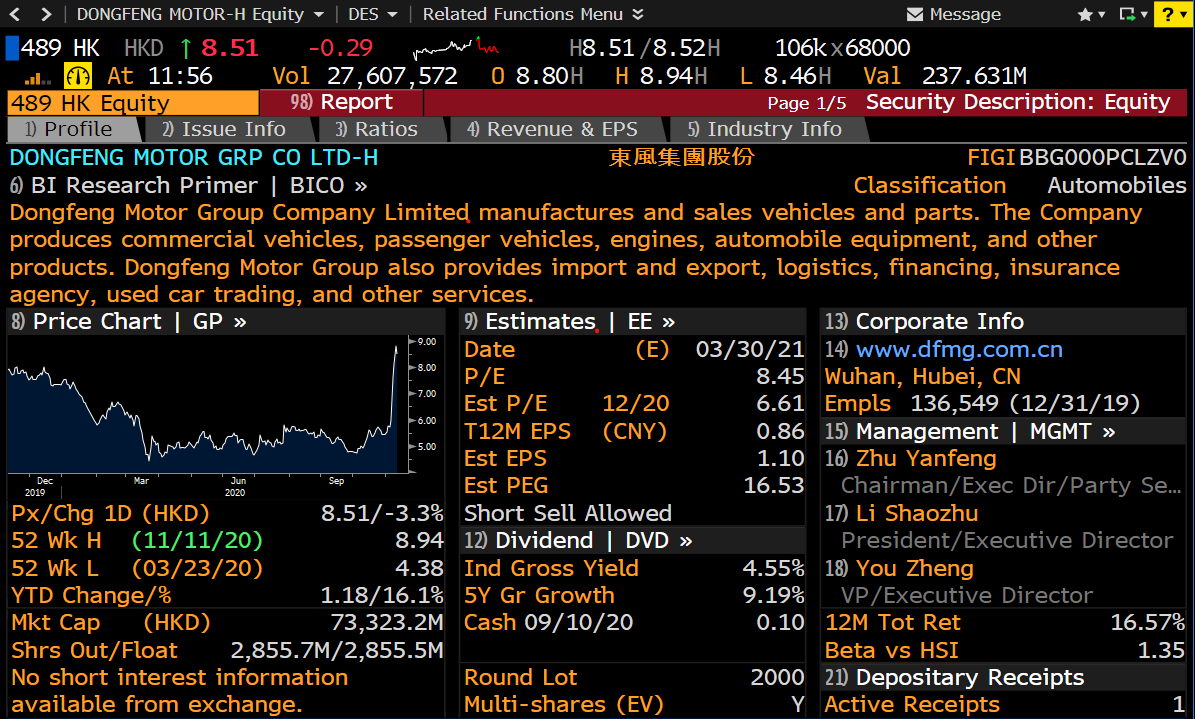
We've reached the point in the cycle where the brains trust of fintwit confidently declare Buffett - the most successful and experienced investor that ever lived - has missed out on tech simply because he doesn't understand concepts like unit economies & operating leverage...
https://twitter.com/SouthernValue95/status/1330010502752333825
Why has Buffett "missed" AMZN? I looked at AMZN closely half a dozen years ago at cUS$400, 8x ago; MCap some US$200bn. I thought it would probably go up a lot and a told colleagues it would likely be world's first US$1tr market cap company. But I couldn't make the numbers work.
To generate a 10% return on DCF basis, it would need to distribute US$20bn perpetually from that point. Every year that goes by where they don't, that number rises 10%, or 2x every 7yrs. Coy is yet to distribute any cash; that no. has now grown to US$40bn, & US$50bn including SBC
In 7yrs time, it will be US$100bn pa, and 14yrs time US$200bn. It will be very hard for AMZN to succeed in doing that - herculean, and even if they do, it will only be enough to have generated a mediocre 10% DCF return from a US$400 stock price 6-7yrs ago.
The reason the stock has gone up 8x is not because they have made and generated enough cash, but because the market is now pricing in US$150bn a year - from today - in FCF generation, from US$20bn in 2013. That will be US$300bn from in 2027.
The real reason Buffett didn't buy is he knows how to do math, and the mathematics of compounding and DCF valuations, much much better than the average growth punter that determine the success or failure of their judgment by the share price, rather than cash flows out vs. in.
Buffett didn't buy because he looked at the math and said, you know, there are far easier and lower risk ways to earn 10% a year than relying on Amazon to grow to an extent that it ends up distributing far more cash than any company ever in the history of the world has done.
We will be able to declare Warren Buffett wrong for passing up AMZN at US$400 7yrs ago if and only if AMZN is distributing >US$100bn in annual cash to shareholders by 2027, or >US$200bn by 2034. Any less, and Buffett was right not wrong.
Buffett became the world's most successful investor by avoiding the constant temptations the market offers you to do dumb things, succumb to FOMO, and chase short term returns. Instead, he remained steadfastly focused on buying things offering low risk, double-digit DCF returns.
It's worked - spectacularly well. But every single cycle where we have a growth bull market/bubble, and certain stocks run up to high valuations, he cops mass criticism from average Joe investors for having missed opportunities, and not "getting" the new paradigm.
The actual truth is, Buffett would never have achieved the success & results he has achieved if he had been tempted away from his investment discipline from the multitude of fads that have come and gone through his 90 year lifetime. The current cycle is no different.
PS now let's compare this to his AAPL investment. When Buffett bought AAPL around $130-150, it was on 12x earnings ex cash, and they were using the cash to buy back stock and committing to return future FCF via buybacks & dividends as well. That was a capital return of 8% pa.
All you had to believe to get to 10% pa was (1) the earnings/FCF was sustainable, and (2) they would be able to grow distributable FCF sustainably by 2% pa. When Buffett was able to form a conviction about the above & believed there was a MoS in those assumptions, he bought.
Compare what you had to/have to assume to justify AMZN's price on a DCF basis compared to what you had to assume to justify his AAPL purchase. It's night and day.
It's the opposite of what people claim. Buffett understands valuation math. It's the compounder bros that don't.
It's the opposite of what people claim. Buffett understands valuation math. It's the compounder bros that don't.
• • •
Missing some Tweet in this thread? You can try to
force a refresh



